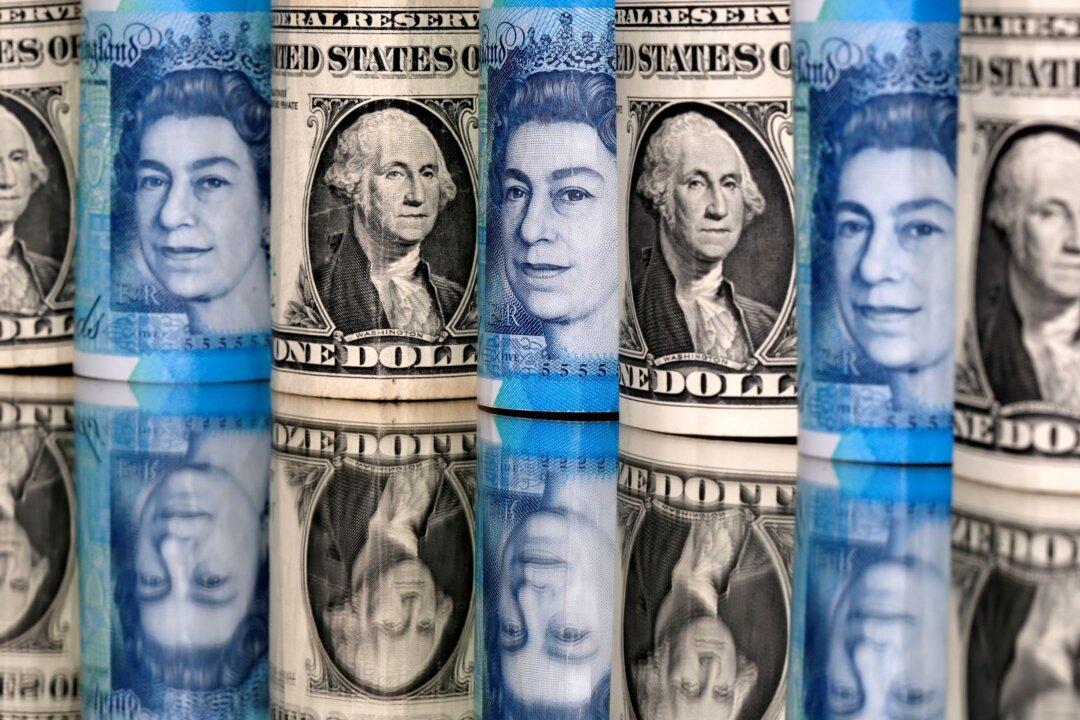The dollar rose to a two-week peak on Tuesday as tensions between Russia and the West over Ukraine drew investors to safe-haven currencies while awaiting the outcome of this week’s U.S. Federal Reserve policy meeting.
Russia said it was watching with great concern after the United States put 8,500 troops on alert to deploy to Europe in the event of an escalation in the Ukraine crisis.





